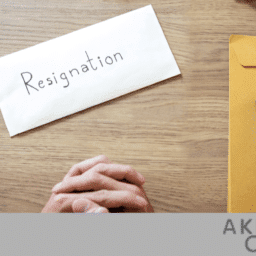Even the smallest of businesses need some sort of help to get by. One person can be extremely talented, but it would be nigh on impossible for just one person to have all the knowledge and skills required to tackle every single aspect of a business’s functioning. You’d need to be able to come up with great product ideas, to test them, to conduct market research, to build a website from scratch, to take great product photos, to be able to write well for your product descriptions and content, to manufacture, package and ship your goods and so much more. In short, many hands make light work and will make your business a success.
But how can you go about finding the right person for the job?
You want to make sure you’re a good boss, that you choose the right individual who will complete the job well and you’ll have to consider various other factors along the way too. Here’s some advice that should help a little!
Consider Whether the Work is Temporary or Permanent
Some projects are one-off tasks that you only need completed rarely or occasionally. In this case, you don’t want to have to commit to paying someone a set and contracted wage continuously when their work is only required occasionally. In situations like this, you could benefit from using freelancers or contractors. These individuals work for themselves. You can come to an agreement with them where you negotiate the work that needs to be done, the rate of pay, and other details.
They’ll then complete the work, you’ll pay them and that’s that! You can find these individuals through sites like LinkedIn, or you can use specialist sites like Snupit. If, on the other hand, you have work that needs to be completed on a daily basis, you may want to consider becoming an employer and taking on part-time or full-time staff.
Choosing the Right Candidate for the Job
Whether you opt for freelancers and contractors or employed staff, you’ll need to come up with some sort of selection process that will help you to find the best person for the job. This could involve requesting CVS or resumes (which will show past education, qualifications, and experience). You could also request a cover letter, which will give you more insight into the individual and whether they’ll be a good fit for your company and the existing team. If you want to be absolutely certain, you could ask for a portfolio of existing work and may request a sample piece – this is particularly useful for creative roles like writers, designers, and photographers. Just don’t push too far – people shouldn’t complete huge projects for you for free without being paid.
It may feel a little daunting taking on staff to help your company. But at the end of the day, it’s an essential step if you want to experience success. Hopefully, some of the above advice will help you to find the right person for the job!




